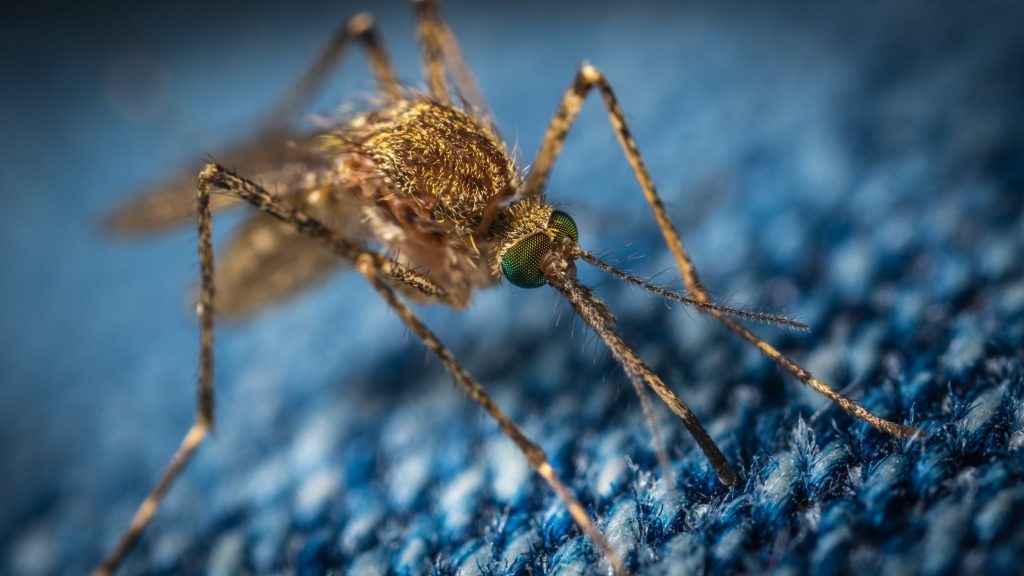4 Russian Sayings With Animals Posted by Maria on May 6, 2019 in language
Russian has quite a few sayings featuring animals—you can see our previous post on this subject here. This time, I wanted to add four more expressions you can occasionally hear in Russian speech.
Кот напла́кал
Кот is a male cat (the female form, ко‘шка is more common to talk about a random street cat whose sex you don’t know). Пла‘кать is to cry. This perfective form with the prefix на- indicates completion up to a certain amount.
Put together, кот напла́кал literally means “the amount a cat has cried” and really says “very little.”
- У нас де́нег кот напла́кал (We barely have any money).
Не твоё соба́чье де́ло
Собака is a generic word for a dog. It is technically feminine, but it used for any unfamiliar dog over the masculine word пёс. Calling a person собака is an insult that implies the person is vile and dishonorable.
Не твоё де́ло is already pretty direct and means “none of your business.” Adding the possessive adjective соба́чье makes it even more dismissive because it implies that you’re calling the other person a dog. Note that other possessive pronouns may be used in place of твоё, e.g. его’ to say “his,” “её” to say “her,” etc.
- Сосе́д спроси‘л, ско́лько я зараба́тываю, но э́то не его́ соба́чье де́ло (My neighbo(u)r asked me how much I made, but that’s nice of his darn business).
Кома́р но́са не подто́чит
Точи́ть in this case means to sharpen. You might recognize it from точи́лка, pencil sharpener. Кома́р is a mosquito, and нос is a nose.
Put together, this gives us the quite surreal “a mosquito won’t be able to sharpen its nose.” It basically means that something, often questionable or shady, will be arranged so impeccably that it won’t attract any suspicion or criticism.
- Компа́нию зарегистри́ровали — кома́р но́са не подто́чит (We’ve registered our company — it’s all beyond reproach).
Как бе́лка в колесе́
Бе́лка is a squirrel, and колесо́ is a wheel. Put together, this means “like a squirrel in a wheel.” Think of the hamster wheel metaphor in English: this refers to the “rat race” or endless work that brings free results and that you can’t catch a break from. The usual verb that goes with this expression is крути’ться (to spin).
- У меня́ совсе́м нет вре́мени на себя́: весь день кручу́сь как бе́лка в колесе́ (I have no time for myself at all — I’m so busy all day long).
I hope this was informative. Feel free to add your own sayings!

Build vocabulary, practice pronunciation, and more with Transparent Language Online. Available anytime, anywhere, on any device.






Comments:
samonen:
Не всё коту масленица comes to mind, meaning everything is not a bed of roses, there will be harder times or something like that. And собака зарыта (dog being buried) somewhere, meaning “there is a n**** in the woodpile”, to use this rather offensive American expression. I think the “dog buried” can also be used to point to the cause or root of a problem, not only something very suscpicious.
Maria:
@samonen Ooh, nice one with кот. It really evokes this image of a cat having a lot of butter or other fatty stuff for Shrovetide. Gosh, that second English one is awful — I’m glad I’ve never heard it. 🙂 But yes, I talked about the собака зарыта one in my previous post on “animal idioms.”